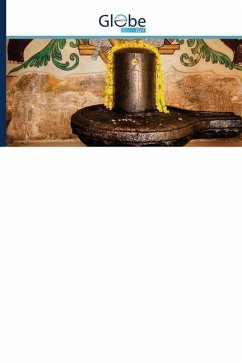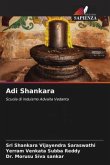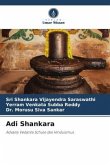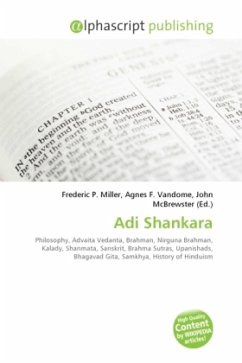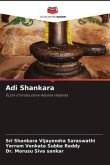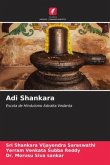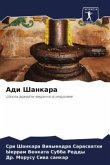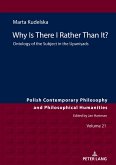Adi Shankara (8th cent. CE), also called Adi Shankaracharya "first Shankara," was an Indian Vedic scholar and teacher (acharya), whose works present an harmonizing reading of the sastras, with liberating knowledge of the self at its core, synthesizing the Advaita Vedanta teachings of his time. Due to his later fame, over 300 texts are attributed to his name, including commentaries (Bhasya), introductory topical expositions (Prakarana grantha) and poetry (Stotra). However most of these are not authentic works of Shankara and are likely to be by his admirers or scholars whose name was also Shankaracharya. Authentic are the Brahmasutrabhasya, his commentaries on ten Mukhya (principal) Upanishads, his commentary on the Bhagavad Gita, and the Upadesasahasri. The authenticity of Shankara being the author of Vivekacudamani has been questioned. The central postulation of Shankara's writings is the identity of the Self (Atman) and Brahman, defending the liberating knowledge of the Self, taking the Upanishads as an independent means of knowledge, against the ritually-oriented Mima sa school of Hinduism.
Bitte wählen Sie Ihr Anliegen aus.
Rechnungen
Retourenschein anfordern
Bestellstatus
Storno

